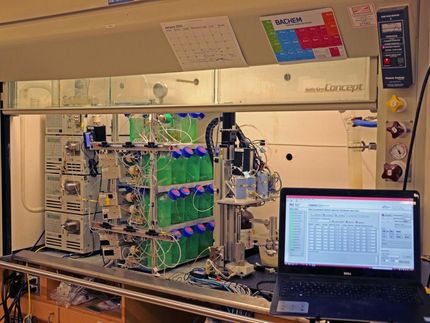Generex Biotechnology to begin human trial of avian influenza vaccine
Advertisement
Generex Biotechnology Corporation announced that it has entered into an agreement with the Lebanese-Canadian Hospital in Beirut, Lebanon to conduct a human clinical trial of the Antigen Express synthetic avian influenza vaccine, representing the first studies to be conducted in man, according to the company. The study is being undertaken with the approval of the appropriate Lebanese governmental and regulatory bodies. Antigen Express, Inc., a wholly-owned subsidiary of Generex, designed the vaccine using its proprietary platform technology and has been conducting pre-clinical studies since 2004. Dr. Alexander Abdelnoor, Department of microbiology & Immunology, Faculty of medicine, American University of Beirut, will also be participating as a consultant for the trials.
According to Generex, the vaccine is based upon simple peptide-synthesis technology and can thus be manufactured rapidly, easily, and at inexpensive cost. The preclinical studies conducted with the synthetic vaccine suggest that it may be used with more traditional vaccines to extend their utility as well as to prevent mortality associated with H5N1 infection when used alone.
The Antigen Express vaccine consists of specific fragments of the H5 protein from the H5N1 influenza virus that have been modified to enhance their potency in stimulating CD4+ T helper cells. Flu specific T helper cells have been shown to be essential in the development of a robust, protective immune response against influenza. The methods for enhancing the immune stimulating potency of the fragments were developed by Dr. Robert Humphreys, founder of Antigen Express. In brief, specific fragments of the H5 protein are identified (antigenic epitopes) that have the potential to interact with MHC class II molecules. The ability of CD4+ T helper cells to become stimulated to recognize specific proteins depends upon the presentation of epitopes derived from that protein to CD4+ cells by MHC class II molecules. Based upon an understanding of MHC class II charging by antigenic epitopes, Antigen Express scientists have developed proprietary methods for increasing the vaccine potency of antigenic peptides.






















































